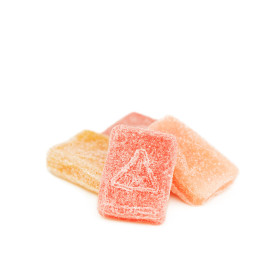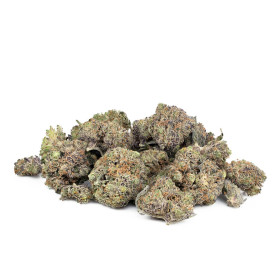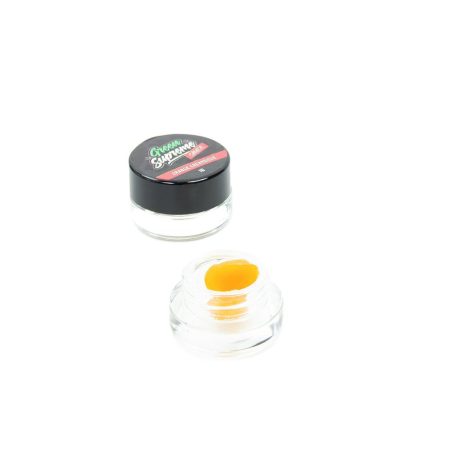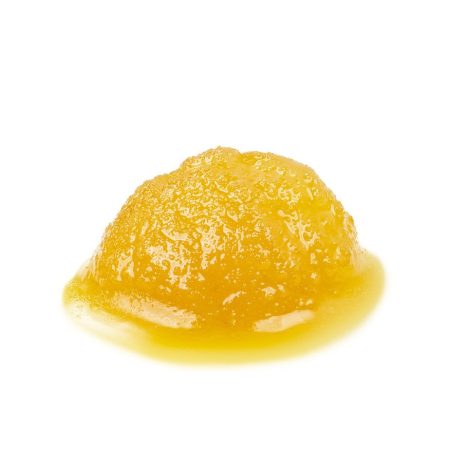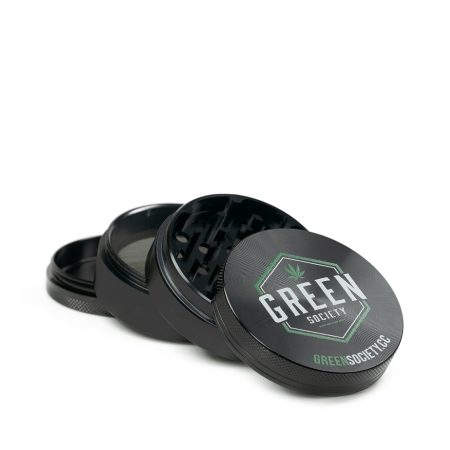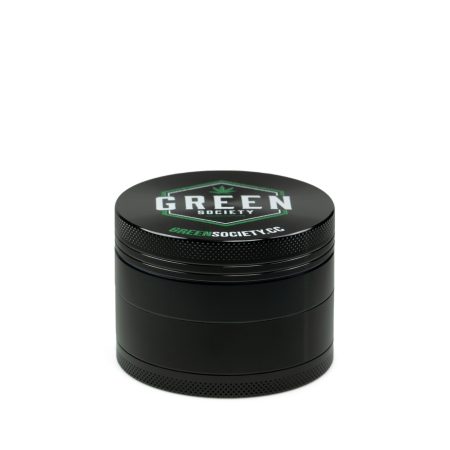Marijuana
Marijuana for Pain: 5 Tips for Using Cannabis for Pain Relief
Marijuana for Pain: 5 Tips for Using Cannabis for Pain Relief
You’ve heard that cannabis can be effective for pain relief, but what is the best way to use it? Learn more about using marijuana for pain.
Keyword(s): marijauna for pain
As nearly 11 million Americans suffer from some kind of chronic pain, the reasons for this pain can vary wildly. If you’re trying to find relief and still haven’t used marijuana for pain, it may hold the answer you’re looking for. Cannabis for pain relief is a powerful solution with an ability for pain relief that is still yet to be discovered.
Here are 5 tips for using it to relieve pain that you’re having.
1. Use it For Insomnia
One of the most common uses for cannabis is to help people get much-needed rest. With the different strains available, some offer more physiological relief while others are more focused on easing the mind. Since insomnia can be an issue for both, it’s a great tool for sleep-related problems.
Whether THC or CBD is the dominant element in the strain of marijuana you use, you could find it’s an effective treatment for sleep disorders. There is a broad range of sleep issues that it can solve, but the most prominent one is probably insomnia. If you live in a state where medicinal use has been legalized, ask your doctor if marijuana is an option to resolve your problems.
While you might not think of insomnia as having to do with physical pain, rest is essential to the body’s healing processes. Your body uses its time asleep to clean plaque from the brain to reduce brain disorders. Your body also metabolizes energy to repair muscles, help heal any injuries, and bring your body back to 100%.
Cannabis can help you sleep by inducing drowsiness that allows your body to achieve sleep easier. It also keeps you asleep longer, allowing improved quality of sleep.
2. Ease The Pain of Multiple Sclerosis
The pain in your spinal cord and brain that comes from multiple sclerosis can be powerful and difficult to deal with. Debilitating pain and soreness can be combined with the inability to get relief is one of the most upsetting elements of dealing with multiple sclerosis.
While the symptoms of the disease will vary between different people, they can include spasms, problems with balance, and vision issues. As this variety of afflictions attack from different angles, very few treatments can manage different pains all at once.
One treatment that medical professionals have found to work is marijuana.
Research has been done using medicinal extracts of the cannabis plant to try to reduce pain and suffering from symptoms. It’s been found to lower the instance of spasms and the pain that results. Unlike many treatments, it has very few adverse effects on patients who are dealing with multiple sclerosis.
3. It’s a Helpful Cancer Treatment
As cancer is responsible for well over a half a million deaths across the country every year, it’s a difficult disease that can take multiple forms. No matter what type of cancer you get, the severity of the symptoms can be overwhelming and painful. Even some of the best treatments available will lead to difficult reactions and interactions that can lead to serious discomfort.
Cannabis or marijuana can’t be used to cure cancer at all, but it can be used to reduce the intensity of some symptoms. It improves patients’ quality of life by helping mitigate the effects of the disease and the reaction many people have to chemotherapy.
Many people with cancer can have trouble keeping food down or feeling hungry but THC and CBD in marijuana are both responsible for stimulating a patient’s appetite. This will help eliminate weight loss and related symptoms that cancer patients deal with.
Conventional treatments can lead to severe nausea and marijuana can help ease that pain.
4. It May Be A Tool Against Epilepsy
One of the more controversial treatments for epilepsy in recent years has been marijuana. Even when THC is removed from it and it’s distilled down to just CBD oils and tinctures, it’s been shown to drastically eliminate seizures.
Childhood epilepsy affects many children and can cause life-threatening seizures. Some children will suffer daily seizures due to the severity of their epilepsy. In 2018, the FDA finally approved trials seeking to find marijuana-based treatments for children with epilepsy.
Epilepsy is a neurological problem that can cause momentarily impaired concentration or total shock and loss of consciousness. CBD is becoming an important tool to reduces both frequency and severity of those seizures but the jury is still out. While much anecdotal evidence has been reported around using marijuana for epilepsy, we need better studies to make a conclusive argument.
5. It Can Help Arthritis
Inflammation of joints can cause extreme and intense pain and it becomes more common as people age. If someone has played professional sports or has been performing a specific action for years, like working as a typist, they may find specific joints an issue.
As there are nearly a hundred types of arthritis, some people living with the chronic pain of it may not realize they have it. However, more severe versions of it will show on the skin, with redness appearing around their joints. They may even be dealing with difficulty in their range of motion.
In order to avoid feeling the pain of the inflammation, they may move and act more stiffly. Someone suffering arthritis may become weak because of this ongoing pain. Thankfully marijuana can help.
While there isn’t much medical research that has been conclusive on marijuana, it has been found to have specific analgesic properties that can help arthritis.
Using Marijuana For Pain Can Change Your Life
If you’ve never considered using marijuana for pain, it can have a powerful impact on your life. Marijuana has many uses for relieving pain and suffering that are still being uncovered. As it becomes legal for medicinal use, we should see even more research done in the coming years.
If you’re considering taking medication via edibles, check out our guide for keeping and storing them.


